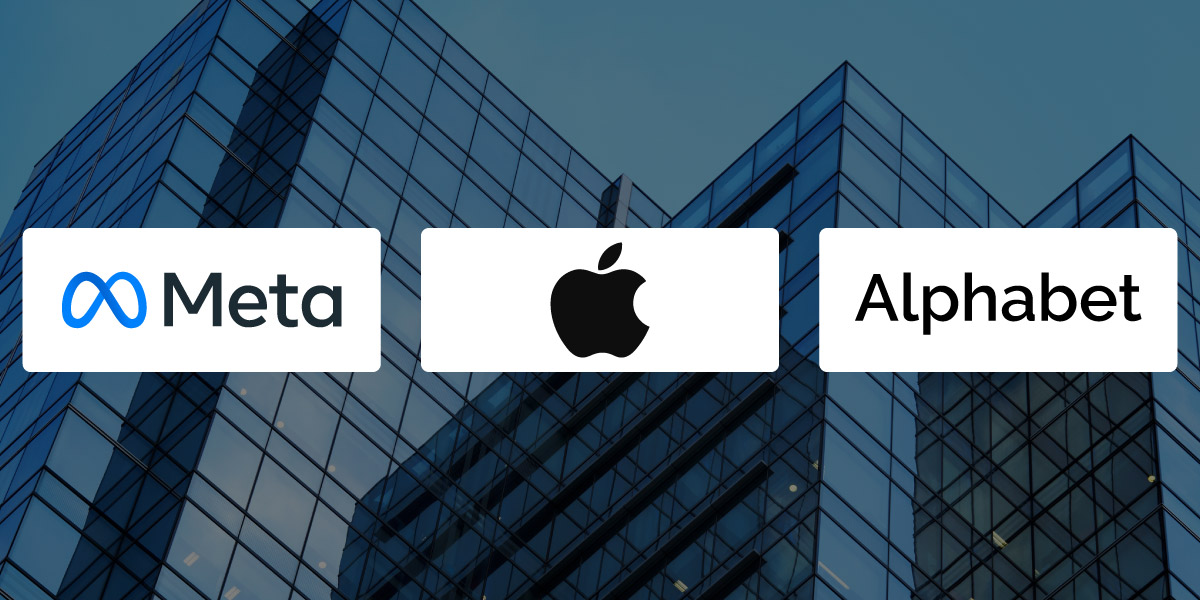
More on News
PM Modi Discusses Role of Technology in Agriculture, Education, and Health with Bill Gates
-
Team Eela
The IDI Forum 2023, centered around the theme “New Apps ∙ New Data ∙ New Resilience,” was held in Munich, Germany on May 23. The event brought together experts and partners from around the world to explore the future of digital infrastructure as we enter the Yottabyte era. Huawei, a prominent participant, delved into various topics, including the emergence of application ecosystems, efficient handling of unstructured data, and the improvement of data resilience, all aimed at unlocking the value of data and advancing the data storage industry.
According to Huawei, data storage is undergoing significant changes and presenting immense opportunities as the digital transformation progresses. Enterprises are increasingly deploying AI applications, with 56% already implementing them, and 96% planning to build cloud-native applications to address the evolving data landscape. Data is growing exponentially, with 80% of new data being unstructured and experiencing a compound annual growth rate of 38%.
Furthermore, data resilience is facing severe challenges. Ransomware attacks are constantly evolving, with their frequency increasing at an annual rate of 98%. Alarmingly, more than 14% of enterprises are unable to recover their data following a ransomware attack.
The rise of big data and AI applications necessitates enhanced parallel processing capabilities for diverse data types. The collaboration model between data storage and applications is being restructured to accommodate new data paradigms. Cloud-native applications are becoming increasingly prevalent in enterprise data centers, highlighting the need for reliable and high-performance container storage.
As the demand for real-time access to unstructured data used in production and decision-making systems grows, scale-out storage must significantly improve its read/write bandwidth and I/O access efficiency. Innovations in software, hardware, and algorithms are crucial for the cost-effective storage of massive unstructured data. Additionally, the surge in data volume gives rise to challenges related to data gravity. Hence, the requirement arises for an intelligent data fabric that enables a global data view and unified data scheduling across systems, regions, and clouds.
Data resilience threats are shifting from natural disasters and physical damages to human-factor disasters like ransomware. Consequently, a proactive defense approach is necessary to ensure higher data resilience. The current enterprise data resilience system, comprising networks, applications, and hosts, is inadequate to meet the latest requirements. Data storage is increasingly becoming the last line of defense, integrating more resilience features such as ransomware detection, data encryption, secure snapshots, and data recovery in Air Gap.
Dr. Zhou, in his speech, emphasized that Huawei Data Storage offers an extensive range of products and solutions to meet the evolving requirements of customers and partners. Gartner Peer InsightsTM recognized OceanStor Dorado All-Flash Storage and OceanStor Pacific Scale-Out Storage as the 2023 Customers’ Choice.
In terms of the bigger picture, the combined shipments of the top five External Controller-Based (ECB) storage vendors in 2022 were three times higher than in 2012. However, this growth falls short of meeting the demands of the Yottabyte era. Huawei predicts that by 2032, this number will increase tenfold, surpassing 100 exabytes. To unlock the full potential of mass data and drive rapid development in the data storage industry, storage solutions must prioritize capacity, performance, novel data paradigms, intelligent data fabric, and intrinsic data resilience.

More on News

More on News